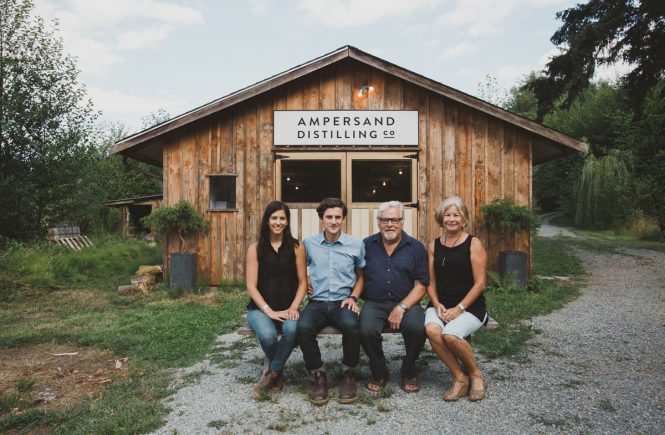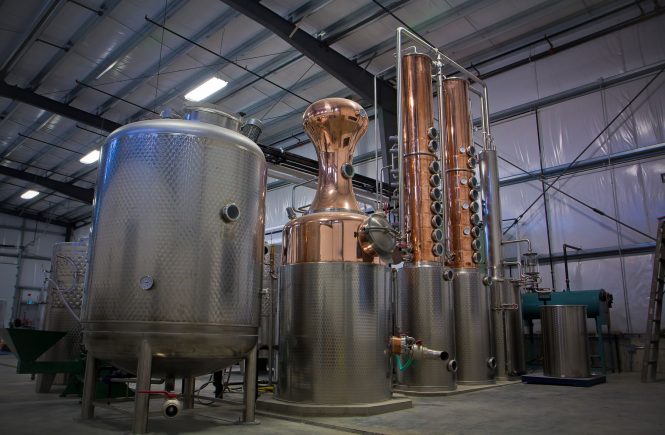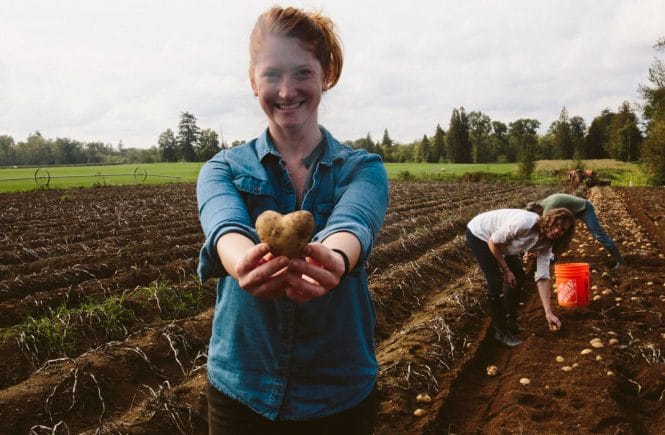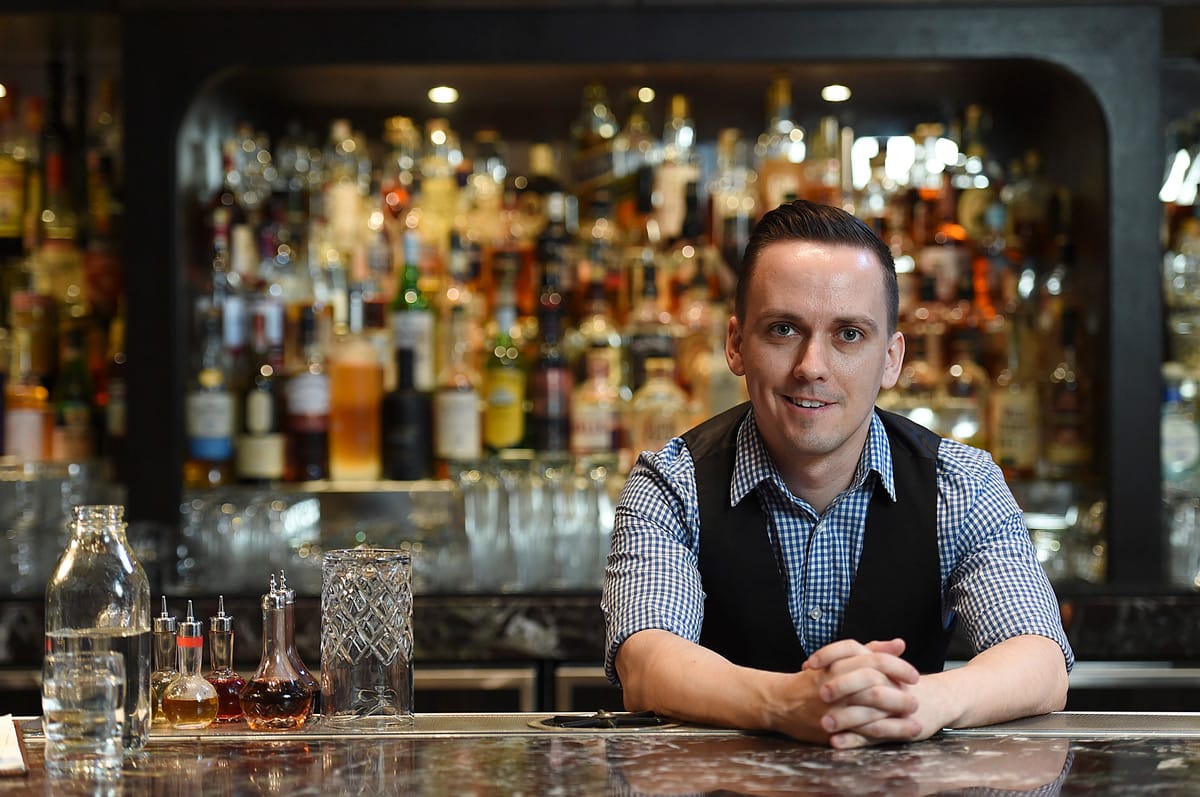
Every cocktail starts with a base spirit. Every home cocktail bar should do the same. The question is, what spirits do you really need to stock at home? What’s worth spending money on (and what isn’t)? After all, those bright, shiny bottles can be expensive.
That’s why some experts advise you to build your bar one drink at a time: It’s cheaper that way. Love Manhattans? All you need is a bottle of rye or bourbon, some sweet vermouth, and bitters. Too bad, though, if your guests would rather have a gin Martini.
Rhett Williams is not one of those experts. The head bartender at Nightingale believes being a good host means being able to offer your guests what they like. Besides, he says, “I always want to have a different drink every time, unless it’s whisky.”
True, you don’t have to go as far as he does at the restaurant, where he has more than 150 bottles on the back bar. Nor should you necessarily opt for the cheapest bottle – which often isn’t very good – or the most expensive in any spirit category. “If I’m making cocktails, I’m looking for value,” he says. “I’m not necessarily looking for the most amazing flavour, because you might lose it anyway. I’m looking for value.”
Williams suggests investing in around half a dozen basic spirits of good quality. Here’s what you need to get started:
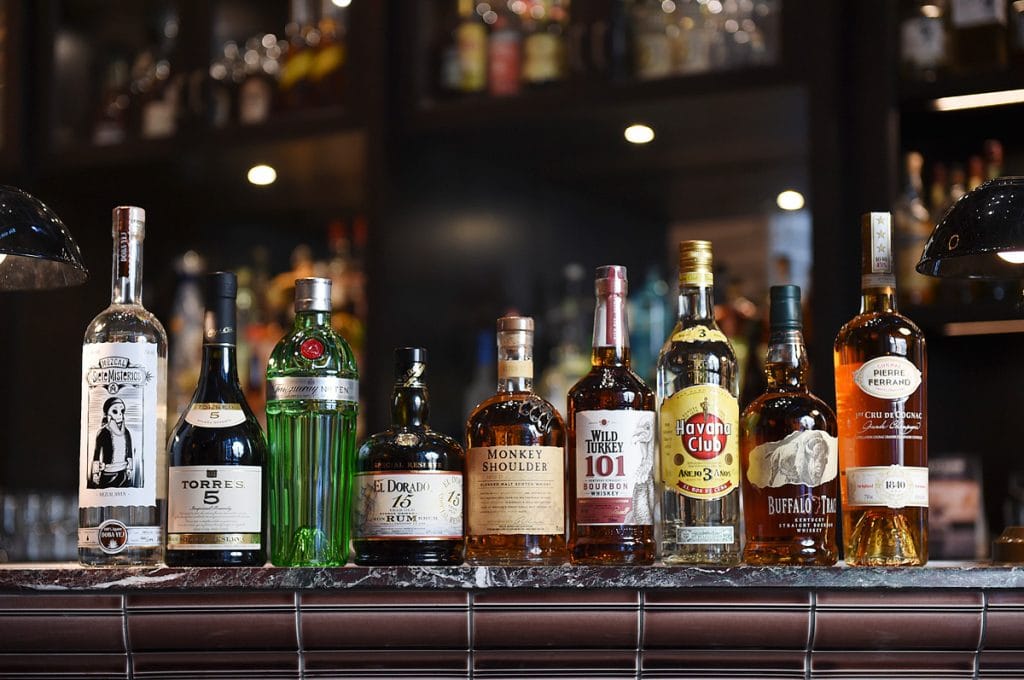
Whisky
A bottle of rye, a bottle of bourbon and, if you like, scotch for sipping. “Every bar has to have a bottle of 100-per cent rye. I think American rye balances best, and Rittenhouse is my go-to,” says Williams. “And bourbon. I think the best-value bourbon is Wild Turkey 101 or Buffalo Trace.”
Gin
A versatile, well-balanced London Dry style. “I feel like my go-to here is Tanqueray, because it works with everything,” says Williams, noting that some gins have such distinctive botanicals, they overwhelm the cocktails they’re in. “Tanqueray is simple: dry, juniper, citrus. It works.”
Rum
A lightly-aged rum for cocktails and an older one for sipping. “If I’m making daiquiris or a big bowl of punch, then Havana Club [Añejo 3 Años] works,” he says. “It’s also good in a mojito.”
Brandy or cognac
This depends on your budget. For cocktails, Williams likes the smooth, well-balanced Torres 5 brandy from Spain. “I almost prefer it to cognac in a Sidecar,” he admits, adding that if you’re willing to spend the money, “The cognac you need, hands down, is the Pierre Ferrand 1840.”
Tequila and mezcal
How smoky do you like your agave spirit? Aged tequilas make great sipping spirits, but for Margaritas and the like, it’s the clean, grassy taste of a blanco like Uno Mas that you need. Whatever you do, look for tequila that is 100-per-cent agave. If you want to add the smoky taste of mezcal to your bar, Los Siete Misterios Doba Yej “is the stepping stone for getting into mezcal. It’s fruity and it’s not too intensely smoky,” says Williams.
Vodka
Your call. It may be the best-selling spirit in the world, but Williams doesn’t believe it’s crucial – unless, of course, you have a regular guest who drinks it. “I would say no. I just don’t enjoy vodka,” he says. “It’s not an elitist thing, honestly, but even a Moscow Mule tastes better as a Gin Mule.”
Once you have the basics, all you need to add is a versatile liqueur such as Cointreau, a bottle each of dry and sweet vermouth, and some aromatic bitters. “And now you can build 50 drinks,” says Williams. “I think that’s the better way to go, because then you can make more than an Old Fashioned or a Manhattan.”
—by Joanne Sasvari


